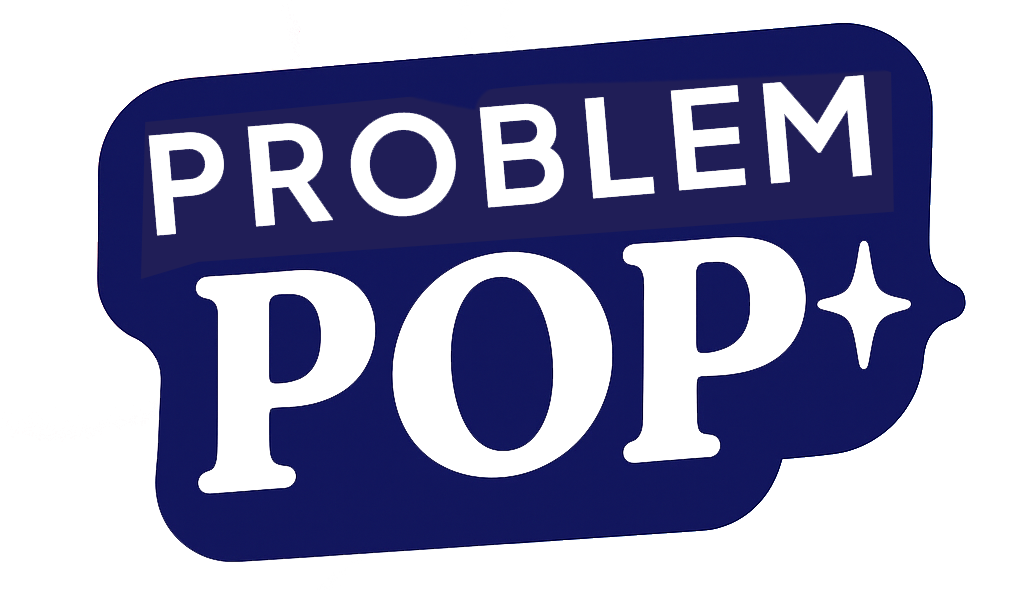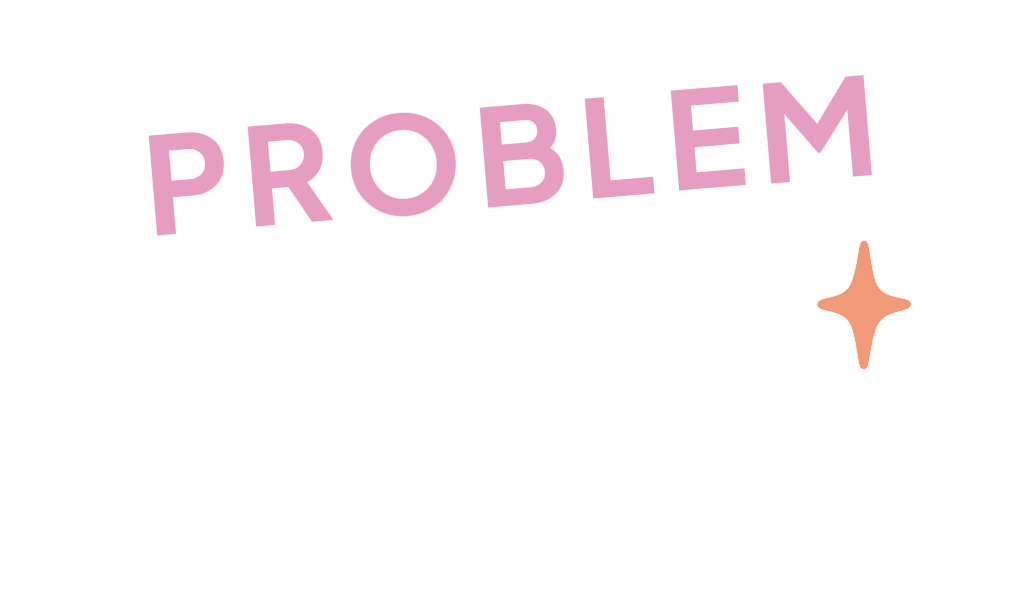"Does Anyone Else...?" - How to Use DAE Posts to Find Untapped Needs
Ever scrolled through Reddit at 2am wondering if you're the only weirdo who sniffs books before reading them? Spoiler alert: you're not. Those "Does Anyone Else" posts aren't just digital confessionals—they're goldmines of unmet needs waiting to be monetised.
The Reddit Goldmine: Why "Does Anyone Else" Posts Are Your Ticket to Finding Untapped Markets
Let's be honest—we've all spent far too many hours doom-scrolling through Reddit when we should have been, I don't know, running our businesses or achieving something vaguely productive. But what if I told you that your Reddit addiction could actually be the key to your next breakthrough? That those hours spent reading strangers' oddly specific confessions weren't wasted time but market research? (That's what I've been telling myself, anyway.)
I've learned—through spectacular business failures and rebuilds—that the most valuable market insights don't come from fancy reports or expensive consultants. They come from people essentially raising their digital hands and asking, "Does anyone else struggle with this seemingly unique problem that's actually driving me mad?"
What Makes DAE Posts the Untapped Goldmine They Are
DAE ("Does Anyone Else") posts are the digital equivalent of confession booths. They're where people go when they think they're the only ones experiencing something frustrating, embarrassing, or just plain weird. And when these posts get thousands of upvotes and comments saying "OMG YES ME TOO"—congratulations, you've just witnessed a market need identifying itself.
The beauty of DAE posts is their raw honesty. People aren't trying to impress anyone or maintain a professional facade. They're just humans, admitting to problems they actually have, not the problems they think they should have. As someone who built an entire homeware business based on what I thought people wanted (rather than what they actually needed), trust me when I say this distinction matters enormously.
What makes these posts particularly valuable is that they reveal problems people care enough about to discuss publicly, but not enough solutions exist to have solved them yet. It's the sweet spot between "annoying enough to mention" and "not yet saturated with solutions." These are exactly the kinds of good problems worth solving that can form the foundation of a sustainable business.
How to Mine Reddit for Business Gold Without Looking Like a Complete Vulture
The trick to using Reddit for market research isn't just finding complaints—it's identifying patterns that reveal deeper needs. And doing so without being the creepy marketer who's clearly just there to exploit pain points. (We see you, and so does everyone else.)
Start by exploring subreddits related to your general interest area. Don't just look for explicit DAE posts—though they're goldmines—but also search for phrases like "I hate when," "Why isn't there," or "I wish someone would." These are all variations on the same theme: unmet needs crying out for solutions.
The real intelligence comes from cross-referencing. When you see the same complaint across multiple communities—especially communities that don't typically overlap—you've found something worth investigating. If both r/productivity and r/ADHD are complaining about the same issue with to-do list apps, that's not coincidence—that's opportunity knocking.
- Look for complaints that generate disproportionate engagement—posts with average upvotes but hundreds of comments often indicate emotional resonance.
- Pay attention to the language people use—their exact phrasing will be gold for your marketing later.
- Note when people say they've "tried everything" to solve a problem—this indicates both desperation and willingness to pay.
- Watch for recurring complaints over time—one-off frustrations might not sustain a business, but perennial problems could.
- Identify when people are cobbling together makeshift solutions—these "duct tape fixes" signal a gap in the market.
From Reddit Thread to Business Model: The Art of Validation
Finding complaints is easy. Turning them into viable business ideas takes more finesse. The truth is, most of us founders (myself included) have fallen into the trap of seeing one passionate Reddit thread and thinking we've discovered the next unicorn. Then six months later, we're wondering why we've spent our savings building something that exactly three people want to buy.
Before you start building anything, you need to validate that: 1) The problem is widespread enough, 2) People care enough to pay for a solution, and 3) You can actually deliver that solution in a way that makes economic sense. This is where proper validation techniques become crucial—Reddit isn't just for discovery, it's for testing your assumptions too.
Start small. Create a simple landing page that describes the problem exactly as Redditors articulated it. Use their language, not yours. Then offer a solution and see if people will join a waiting list, pre-order, or at minimum, give you their email.
I've made the mistake of building an entire product line before confirming demand. Don't be me. The graveyard of failed startups is filled with beautiful solutions to problems nobody actually wanted to solve badly enough to pay for them.
The Art of Not Being a Tone-Deaf Opportunist
There's a fine line between identifying market needs and exploiting vulnerabilities. While scrolling through people's frustrations, it's easy to start seeing them as walking wallets rather than humans with genuine problems. This is how you end up creating tone-deaf marketing that makes everyone cringe and nobody buy.
The challenge is that founders frequently misdiagnose customer pain because they listen to what customers ask for (a feature) instead of understanding what they are trying to achieve (an outcome). As Forbes points out, customers are experts in their problems, but you are the expert in the solution—this distinction is the key to avoiding a misdiagnosis and building something people truly need.
If you're going to build something based on DAE insights, actually engage with the community first. Ask questions. Offer genuine thoughts. Be a participant, not just an observer. The best products come from founders who deeply understand and care about the problems they're solving—not just the money to be made from solving them.
When you do eventually launch your solution, acknowledge where the inspiration came from. "I kept seeing this problem on Reddit and realized nobody was solving it properly" is both honest marketing and a way to immediately connect with your target audience.
The DAE Research Playbook: A Practical Guide
If you're serious about using this approach, here's a structured process to follow that goes beyond random browsing:
- Start with broad subreddits like r/DoesAnybodyElse, r/AskReddit, and r/mildlyinfuriating to spot cross-category frustrations.
- Move to niche-specific subreddits where your target users hang out (r/productivity, r/cooking, r/parenting, etc.).
- Create a spreadsheet to track recurring complaints, noting engagement levels, proposed solutions, and emotional intensity.
- Look for comments where people say "I would pay good money for something that solved this."
- Test your interpretations by asking clarifying questions in the threads—but be transparent about your intentions.
The most valuable insights often come from the comment sections, not the original posts. This is where people get specific about exactly what bothers them and what they've already tried. It's also where you'll find the variations on the problem—the edge cases and specific scenarios that will help you build something genuinely useful rather than a one-size-fits-nobody solution.
Beyond Reddit: Where Else to Find Digital Confessionals
While Reddit is the kingdom of DAE posts, it's not the only place where people confess their problems. Twitter's "Does anyone know how to..." searches can reveal professional pain points. Facebook groups often have pinned "introduction" posts where people describe their biggest challenges. Even Amazon reviews—particularly the three-star ones—reveal specific issues with existing products that leave room for improvement.
The key is to look for platforms where people feel comfortable being honest about their struggles. LinkedIn? Probably not. People are too busy pretending everything's brilliant. But anonymous forums, specialised communities, and places where people seek solutions are gold mines. Understanding where to find unfiltered customer thoughts across these various platforms can dramatically improve your research effectiveness.
One particularly rich source: industry-specific Slack communities. The problems discussed there tend to be more sophisticated and the users more willing to pay for solutions. Just make sure you're not violating any community guidelines by using discussions as market research.
From Insight to Execution: What Most Founders Get Wrong
Having a brilliant insight into an untapped need is only about 10% of the battle. The other 90% is execution, which is where most of us (myself included, spectacularly) have fallen flat. After spotting your DAE opportunity, you need to:
- Determine whether you're actually the right person to solve this problem—passion isn't enough; you need relevant skills or the resources to acquire them.
- Create a minimum viable product that addresses the specific pain points mentioned, not the elaborate solution you think would be cool.
- Test your messaging by going back to the original communities (with appropriate permission) to see if it resonates.
- Build feedback loops so your solution evolves with the problem—because needs change and competitors eventually notice good ideas.
- Stay connected to the communities where you found the insights, as they'll be both your early adopters and your best source of ongoing intelligence.
The difference between a successful business and a failed one often isn't the quality of the initial insight—it's how well you execute on it, how quickly you iterate, and how deeply you understand the evolving needs of your users. Ultimately, success comes down to achieving genuine product-market fit—that sweet spot where your solution perfectly matches what people actually need.
The Ethical Dimension: Research vs. Exploitation
There's something slightly uncomfortable about mining people's frustrations for profit. Let's acknowledge that. But there's a world of difference between exploitative opportunism and genuinely solving problems that improve people's lives.
The key distinction lies in your intentions and approach. Are you creating something of genuine value that addresses the root causes of people's frustrations? Or are you looking for quick psychological triggers to exploit for a fast buck?
The most sustainable businesses—and the ones that let founders sleep at night—are those that create real value. Use DAE posts to understand problems deeply, not just to spot superficial pain points you can temporarily plaster over.
When done right, this approach creates the perfect win-win: people get solutions to problems they actually have, and you build a business with genuine market fit. When done wrong, you become yet another tone-deaf founder pushing unwanted solutions to misunderstood problems.
The choice, as they say, is yours.
In the end, DAE posts aren't just market research—they're windows into the collective human experience. They reveal not just what products people might buy, but what frustrations they face, what solutions they dream of, and what would genuinely make their lives better. In a world of artificially created needs and solution-seeking problems, that kind of authentic insight is worth its weight in Reddit gold.






